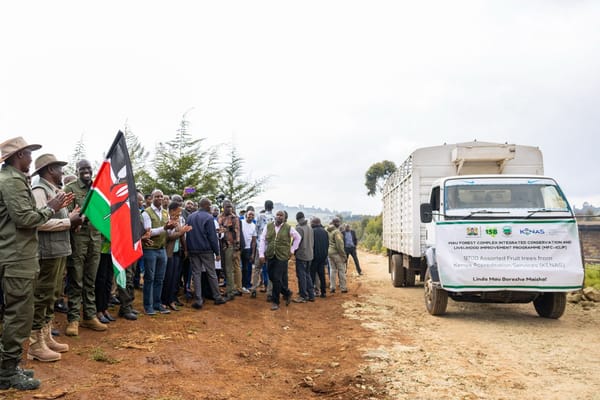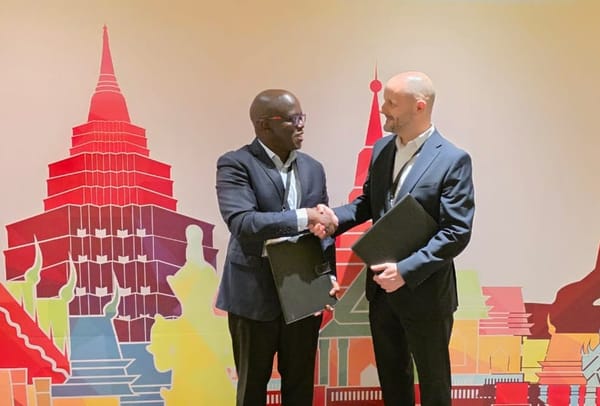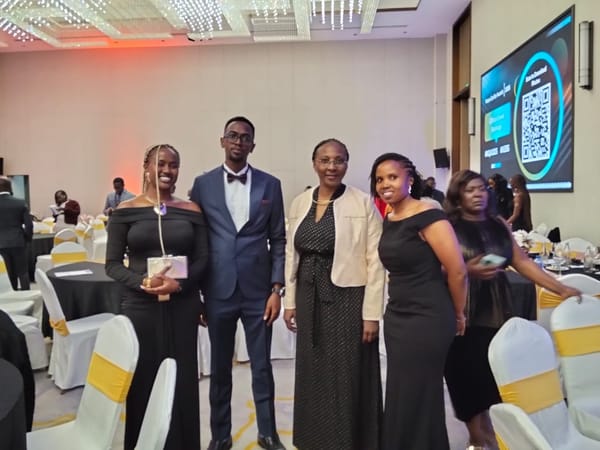From Promise to Purpose: Reflections from the IAC2025 Pre-Conference
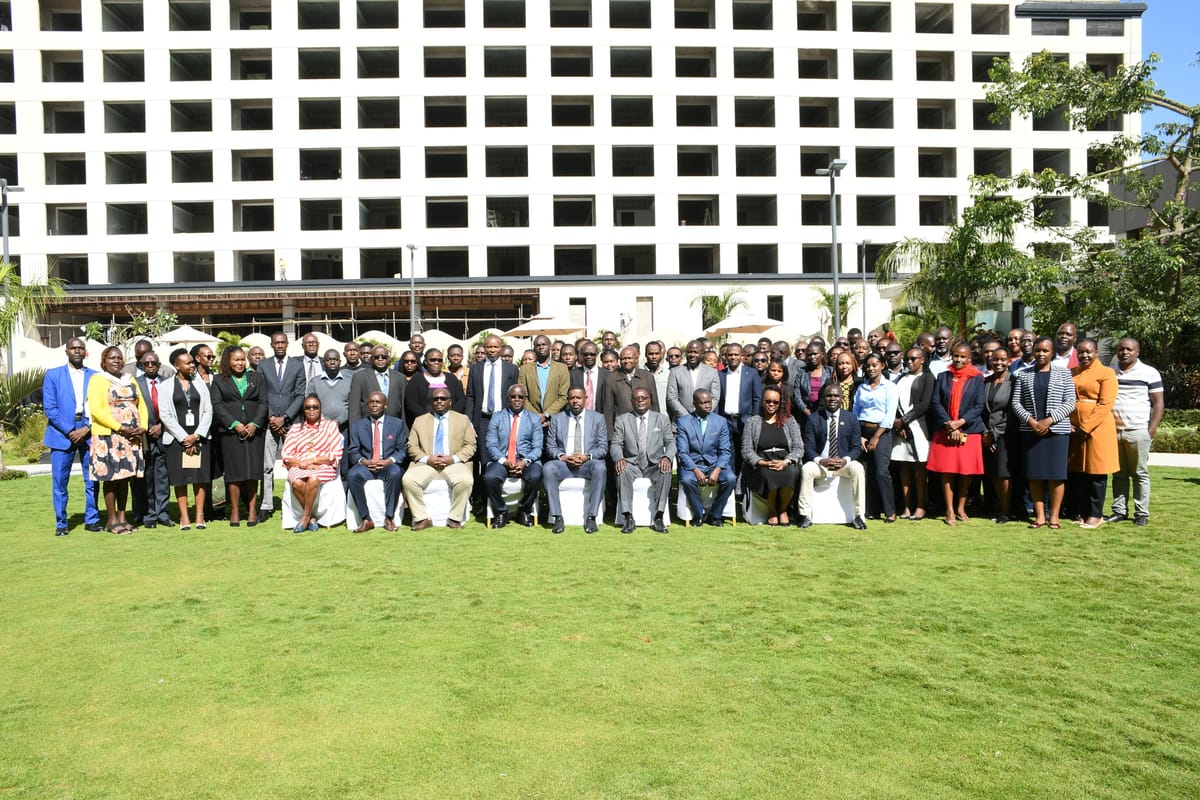
The Pre-Conference of the International Accreditation Conference (IAC2025), held during the World Accreditation Day celebrations at the Argyle Grand Hotel, brought together some of the most visionary minds in accreditation, innovation, regulation, and development. More than just a curtain raiser, this session sparked rich conversations, challenged assumptions, and reaffirmed accreditation as a critical tool for trust, growth, and resilience.
A Gathering of Thought Leaders with One Message: Accreditation Builds Nations
From the public sector to the fintech space, from medical laboratories to marine science and digital infrastructure, one message echoed clearly: we cannot grow without trust, and we cannot sustain trust without accreditation.
KENAS CEO, Dr. Walter Ongeti, in his closing remarks, captured the spirit of the day:
“We’ve been challenged—in the best way possible. What started as a breakfast has become a movement.”
His words reminded all present that accreditation is no longer a back-office technicality — it is the invisible engine powering our daily lives, from clean water and safe hospitals to efficient ports and secure digital systems.
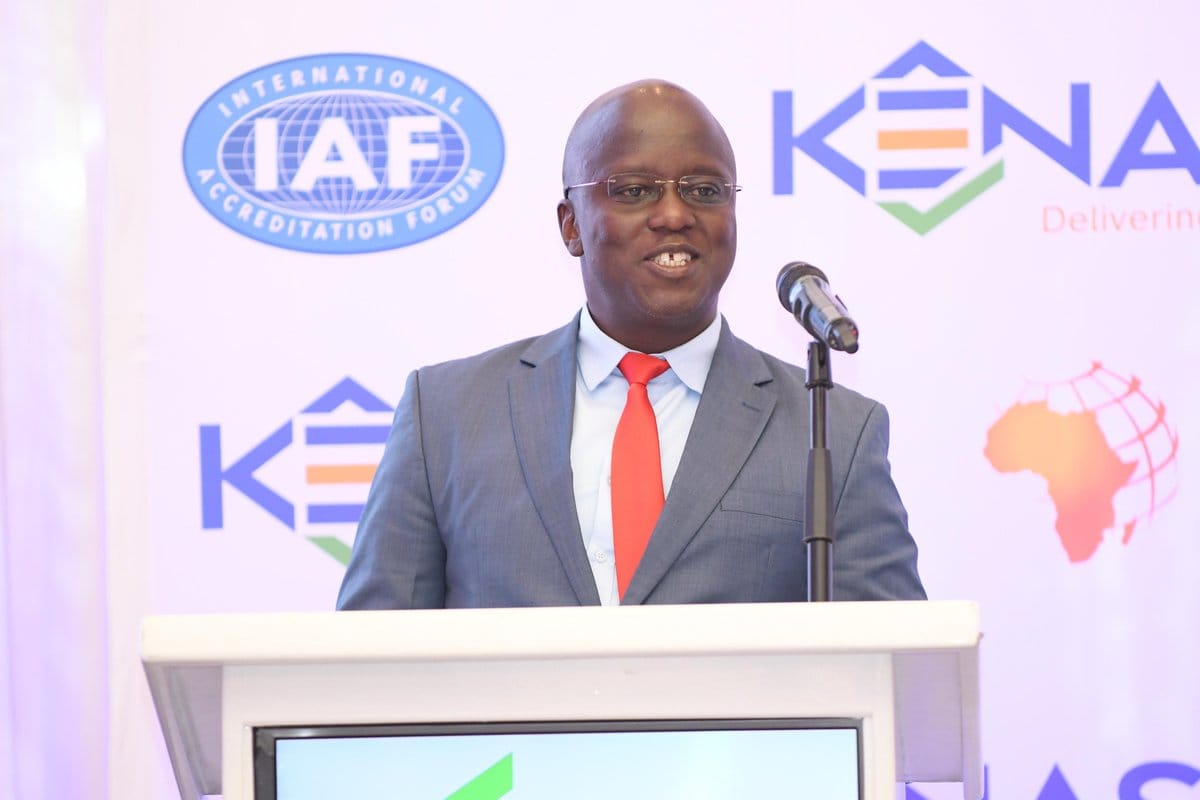
Where Quality Meets Urgency
What was clear from the very first panel was this: accreditation is no longer a back-office function. It’s a frontline enabler of trust, growth, and inclusion across:
- Digital banking
- Climate accountability
- Public health systems
- AI, robotics, and data
- Trade facilitation
- Infrastructure and water utilities
Each speaker drove home the same point: without credible systems, innovation is just theory.
Highlights That Moved the Room
1. Banking on Trust
Ms. Angela Mwirigi, Head of Digital Banking at Kenya Commercial Bank, made a powerful case for integrating accreditation with digital lending.
“Accreditation + API access = smarter lending. If we could verify a business’s accreditation level via its reg. number, we’d lend better, faster, and more fairly.”
In a world where SME creditworthiness must be assessed in seconds, credible accreditation becomes a data point banks can trust.
2. Water, Dignity, and Data
“We don’t just deliver water. We deliver dignity.”
— Mr. Antony Jaramba, CEO, WASPA
Representing the umbrella body for Kenya’s licensed water utilities, Mr. Jaramba underscored the importance of calibrated meters and accredited labs in ensuring billing transparency and water safety.
“We deliver a product no one can live without. Not even for a day. Until Jesus comes back.”
3. Oceans, Science, and Sovereignty
Dr. Patrick Gwada, of KMFRI, showcased how accredited marine labs protect Kenya’s coastline, monitor biodiversity, and drive the blue economy.
“Without accreditation, research lacks the power to drive regulation.”
ISO/IEC 17025 ensures that marine pollution data is valid, internationally recognized, and powerful enough to shape treaties.
4. Trade Beyond Borders
“That 50km queue of trucks? It’s not always corruption. Often, it’s quality bottlenecks.”
— Dr. Andrew Edewa, Director, Standards & SPS, TradeMark Africa
Africa’s trade friction lies not just in infrastructure, but in the credibility of lab reports, certifications, and conformity systems. Accreditation is the unseen engine behind borderless trade.
5. From Startup to Global Lab
Dr. Ahmed Kalebi, founder of Lancet DKL, shared how their AI-powered, paperless lab was built on accreditation principles from day one.
“We were audit-ready always. Everything was searchable, timestamped, and traceable.”
He credited accreditation for enabling compliance, scale, and global trust.
6. Accreditation in the Age of Automation
Eng. Jasin Owili, CEO of Afribot Africa, spotlighted cybersecurity in robotics and automation:
“If the data isn’t secure, the innovation is compromised.”
Accreditation validates protocols for:
- Encryption
- Risk registers
- Data subject rights
- Vendor and business continuity risk
7. Climate Action, Credibility, and Carbon Markets
“We are not running out of time. We are running out of excuses.”
— Ms. Linda Itindi, CEO, Soleil Solutions Africa
Representing Kenya’s first accredited Verification and Validation Body (VVB) under CORSIA, Ms. Itindi emphasized how accreditation is central to trustworthy climate action.
Verification and validation, especially under ISO 14065, ensures that carbon offset projects, emissions reporting, and climate data are credible, verifiable, and internationally accepted.
“Think of your home. Now think of the Earth. It is either this, or this.”
8. Accreditation as National Infrastructure
“Construction is more than a sector. It’s the foundation of national development.”
— Arch. Gitau, speaking on behalf of Principal Secretary Arumonyang
The Ministry of Roads and Transport emphasized how quality systems ensure safe, lasting, and innovative infrastructure aligned with Kenya’s development goals.
9. Universities and Quality Leadership
Prof. Ombati Thomas, University of Nairobi, called accreditation a “trust-builder,” vital to Kenya’s progress under Vision 2030 and BETA.
“We don’t just build skills. We build leaders.”
10. Investing in People
Dr. Josephine N. Rioki reminded the audience that mentorship, fellowships, and lifelong learning are critical to sustaining quality systems.
“Accreditation is a promise — and it’s about people.”
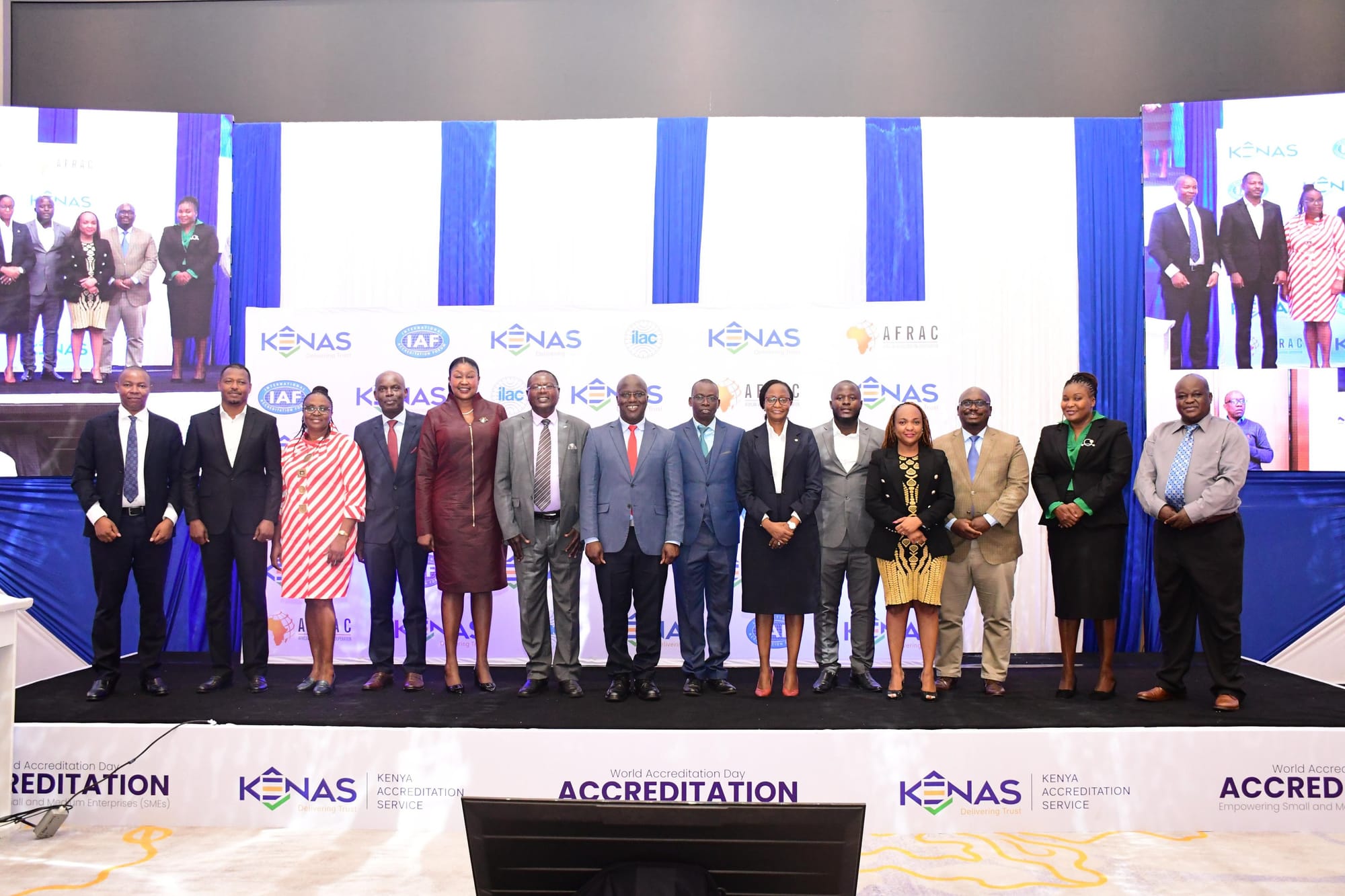
The Road to November
The Pre-Conference was more than an event. It was a curtain raiser for the main International Accreditation Conference (#IAC2025), set to take place in November 2025.
With sectors as diverse as fintech, ocean science, AI, trade, infrastructure, and climate policy represented, it’s clear that accreditation is a shared language of progress.
As CEO Dr. Walter Ongeti put it:
“We’ve been challenged — in the best way possible.”

